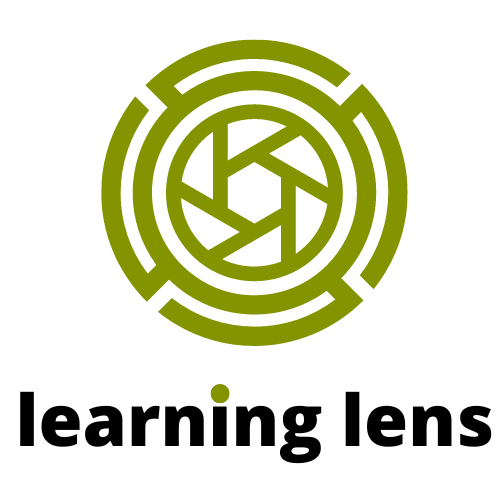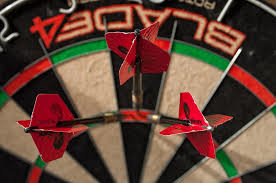Why do we assess?
A brief personal reflection

I am an educator, and I am a parent. Although the two roles often overlap, there are times when tensions become evident and make me take a step back and reflect. This is one of those times; my own child is now up against the demands of her final two years in school, and feeling the exam pressure that comes with this final stretch of her school path. Then, the question that arises as I see her negotiate the labyrinth that the school system has set up for her (and her peers) is rather basic: why is she being assessed in class?
The answer might seem plain and uncomplicated, but it is not. There are several forces that push and pull her in and out of her path in a convoluted struggle for final grades. She has been immersed in International Baccalaureate (IB) ® programmes from a very early age, and has developed a practical understanding of criterion-based assessments; therefore, the goal for her seems to be quite straightforward: she wants to know what her strengths and weaknesses are to drive her improvement process and achieve the best results possible. Then, there is the universities’ force; they want reliable assessment data to select the students that will do well in the programmes they offer. As Sir Ken Robertson once put it; schools can be seen as protracted university entrance entities, and the teachers are perhaps the ones who are caught in the middle of this system. On the one had, educators want to facilitate students’ learning and wellbeing, but their success is largely judged based on results (exam scores and university entrance rates). They face incredible pressure as their performance and worth as educators will be largely judged based on their pupils’ final exams results.
The school is also a contender in this power struggle for the use of assessment data. In July 2025 when my daughter’s exam results will be published, I am going to see a plethora of publications in my LinkedIn feed and other social media advertising the success of their students. Very few, if any at all, will recognise those who showed tremendous improvement but did not quite make it to the top percentile. However, many will list their top grades and high achievers, the As, the forty pluses, those admitted to Ivy League institutions. These schools want to project an image of prestige and advertise their ability to deliver the product universities want. In other words, the spotlight will not be on improvement but on winners. My child, and those learners who work hard to improve, will only matter statistically if they reach the acclaimed ninety-fifth percentile.
One might argue that this should not be a problem; after all, this seems to be a well-established way of determining success. I must admit that my first go-to criteria when finding a new film to watch is to see if it has won any reputable awards. The same is true for books. If I run out of recommendations, I normally seek Nobel Prize winners that I have not read. From sports to politics, we all seem to like and celebrate the best of the best – although the definition of best might vary depending on several factors. However, I would defend that such model is not suitable for educational purposes; students should be recognised on their own growth, and not be pitted against each other in a quest that will lose all meaning once their school life is over. Unlike organisations that recognise films and books, the role of education is to help all students and celebrate their progress, not just the ones with the highest scores. Assessment’s main purpose is then to guide students through a path of constant improvement. From there, other purposes can stem: determining readiness for a certain course (including university courses), informing action plans for schools, changes in interventions, and more.
It may sound cliché, but the world is indeed changing. More and more young people are choosing paths that do not involve entering universities, in some places there is excessive supply of certain professions, and – to cite Robinson again – schools are preparing pupils for a very uncertain future. There is a pressing and urgent need to develop independent learners who can self assess and determine how they can grow and improve. This means that the role of assessment is nothing more than to serve as a reliable tool for the improvement of learning skills; an instrument that can accurately help them choose a path to get better, to get excited about learning and growing.



